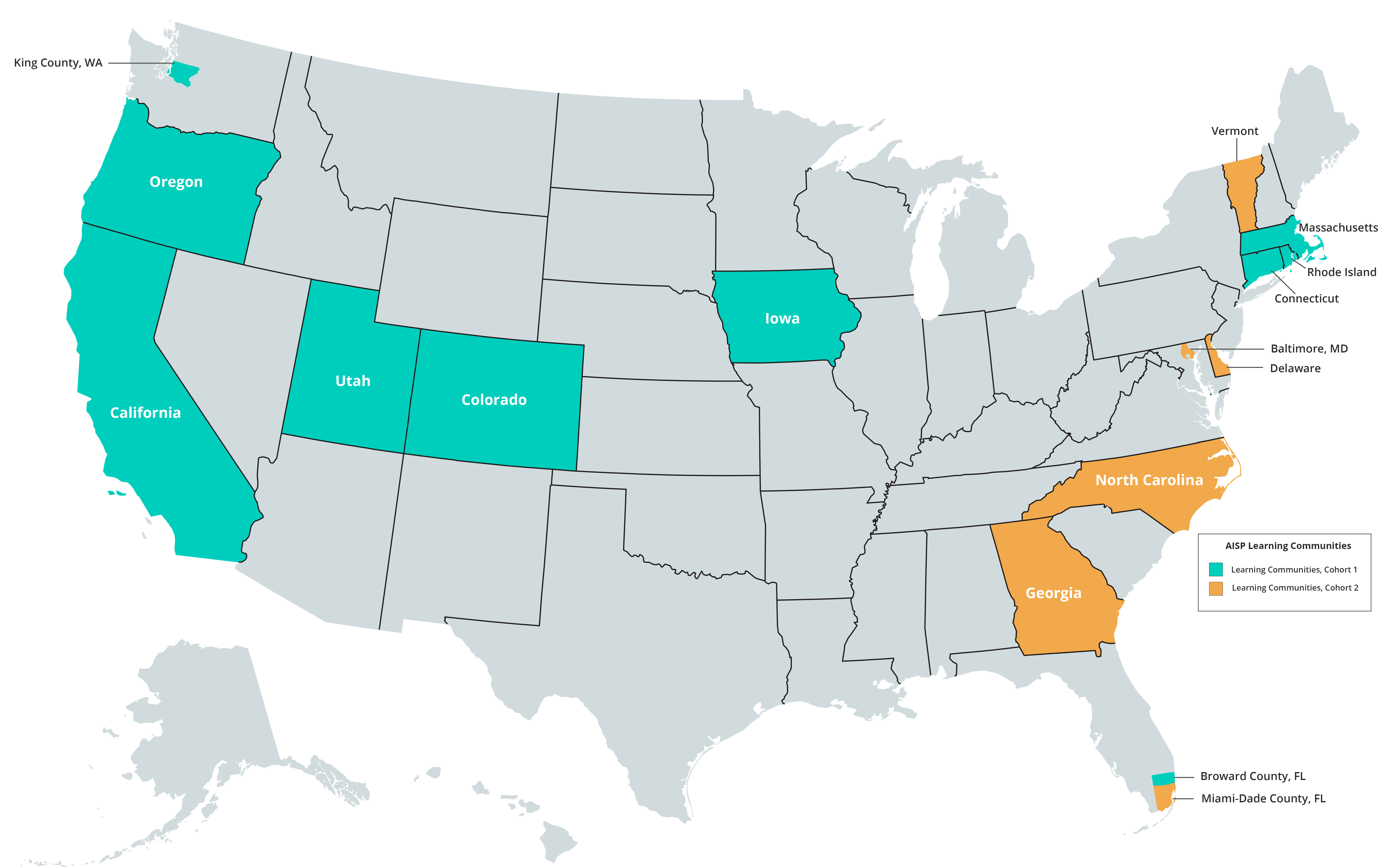Hennepin County, MN
The Enterprise Integrated Data System aims to integrate data from across county systems to discover strategic summary insights that enable the county to better respond to crises, support key initiatives, and eliminate disparities. EIDS was established as part of the county’s emergency response to the covid-19 pandemic with the aim of better understanding the intersections […]
Hennepin County, MN Read More »

